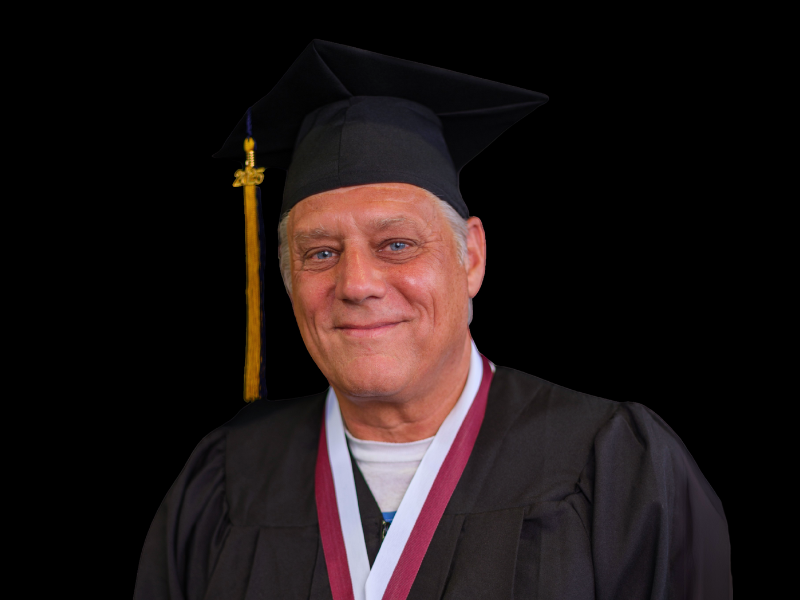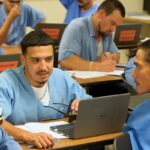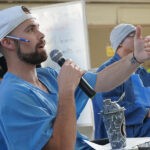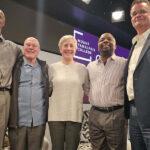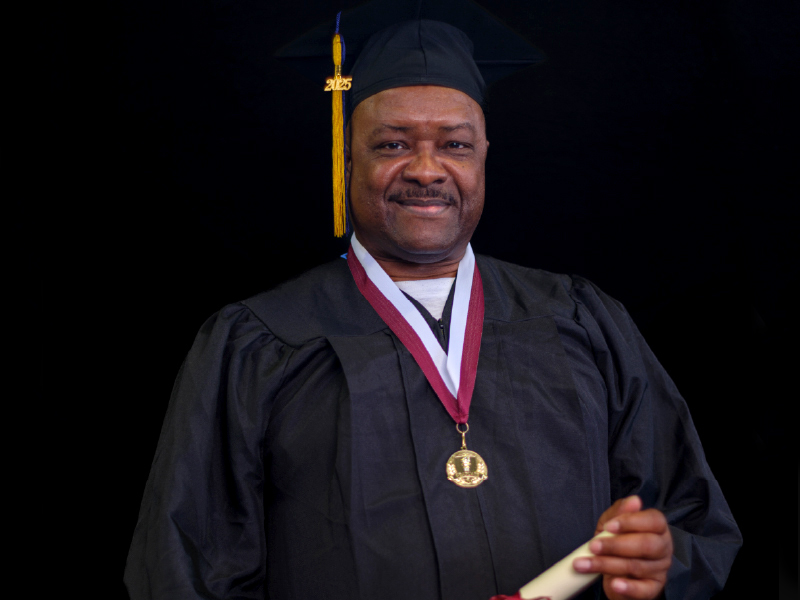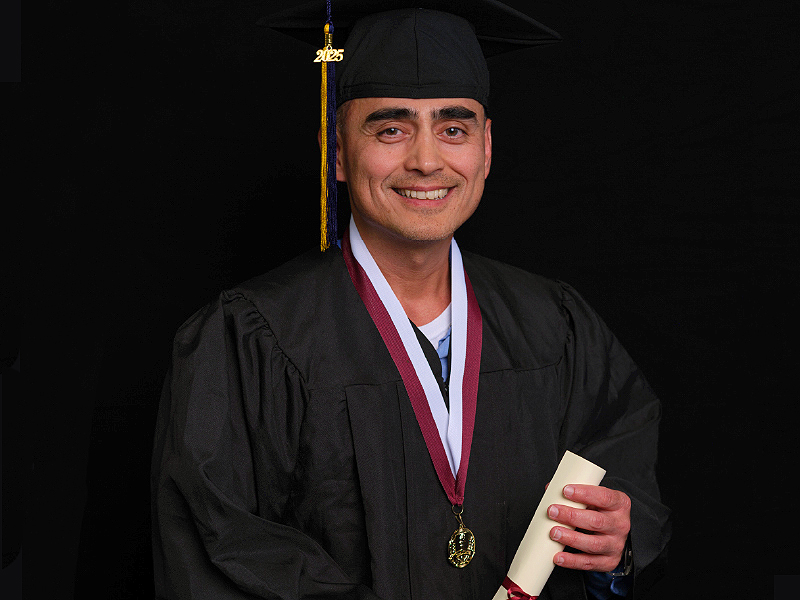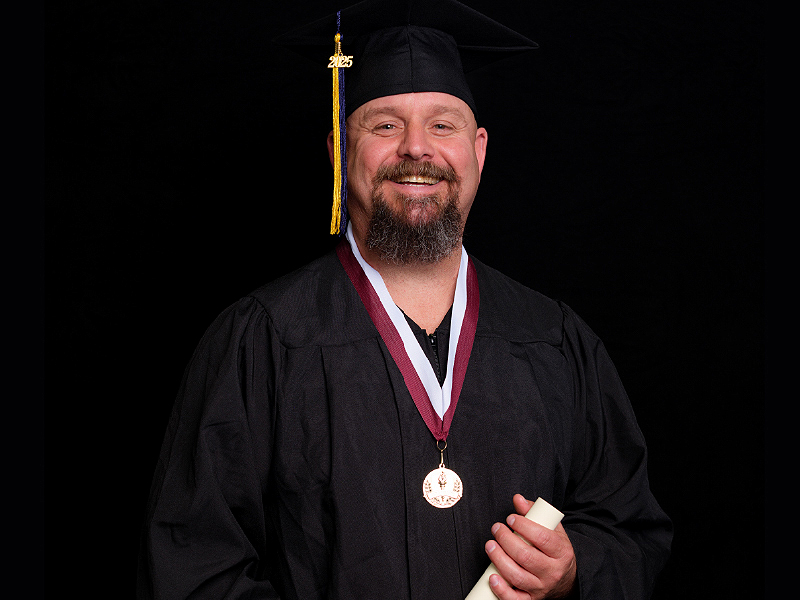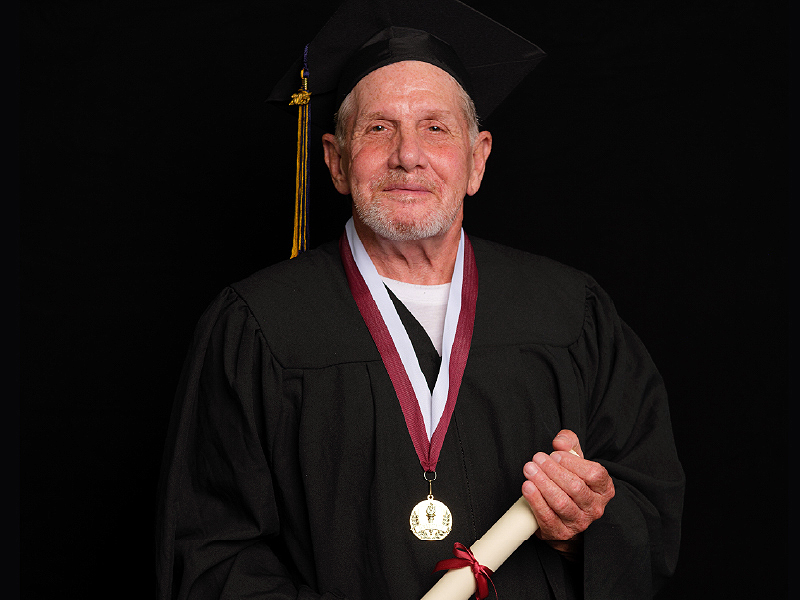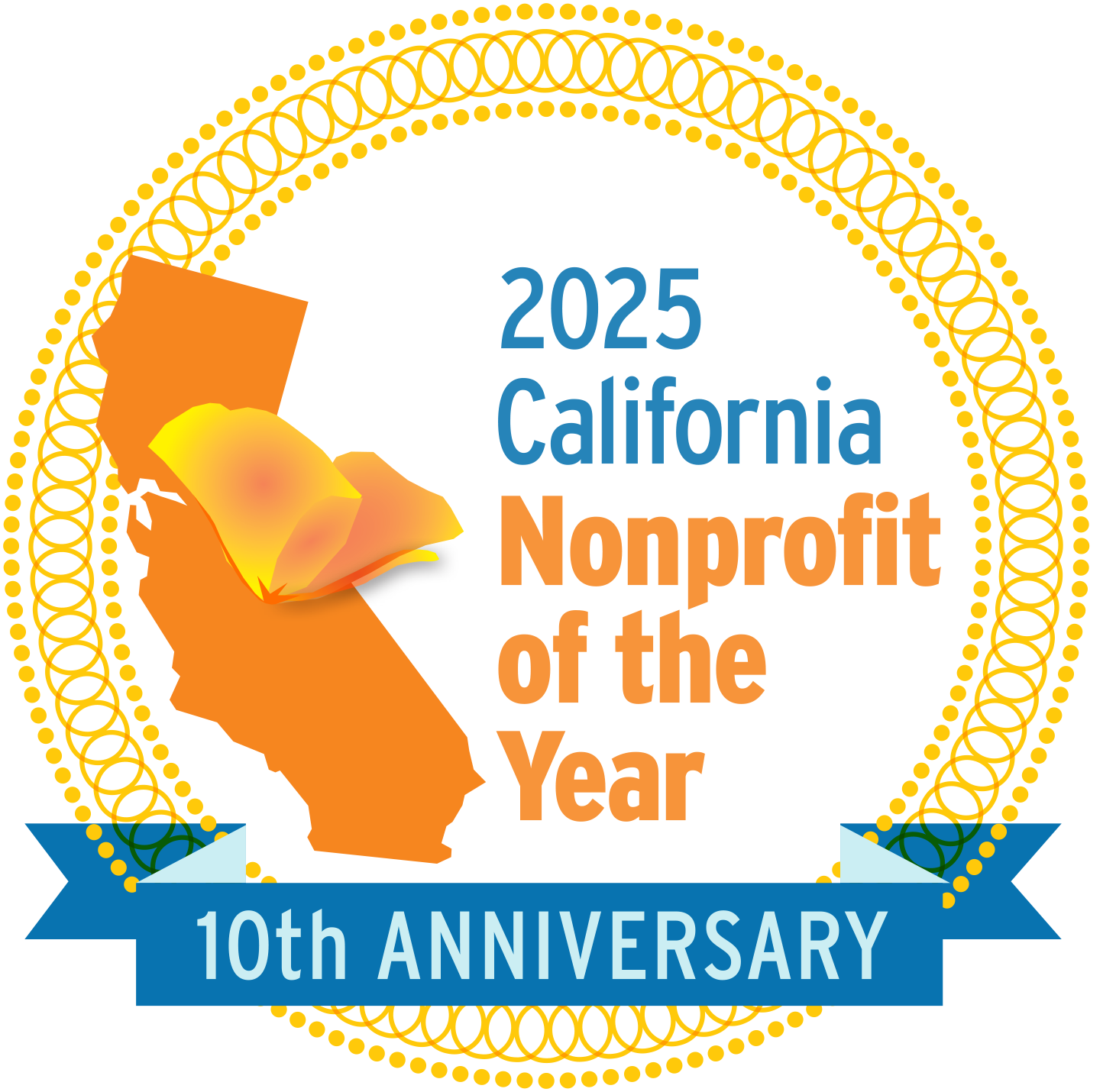This achievement means that I can—when seen as more than my worst decisions—welcome significant trials, tests, and adversities; reflect on and learn from both failure and success; and thrive as an integral part of an exceptional academic community like MTC.
I have newfound levels of resilience and mental toughness, improved work ethic and academic achievement, compassion and empathy for others and myself, and a confidence that moving forward, I can excel as a lifelong learner.
My greatest challenges occurred during the peaks of overcrowding at San Quentin, especially during the COVID-19 pandemic. Double-occupancy cells meant that not an available moment outside of the cell could be wasted. Effective time management became crucial, nearly as important as the subject matter being taught.
In a debate about homelessness in our California History class, taught by faculty members Ian Sethre and Andrew Klein, I was able to share my personal experiences with homelessness and mental health crises, and their nexus to my committing my life crime. This fostered discussion of the benefits, both in terms of decreased cost to taxpayers and increased public safety, of preventative and restorative justice models over current more punitive and reactionary ones. This particular instance was like many I experienced at MTC: emotionally engaging, deeply thought-provoking, and personally transformative.
I have tremendous gratitude for the gifts I’ve been given by MTC. Will I pay this forward as a writer or as a teacher, an engaged society member, or an advocate for education for the incarcerated? Yes, to all of these. As a student, I plan to further study interconnections between sociology, science, and technology, especially as they relate to innovations and reforms in environmental and social justice.
